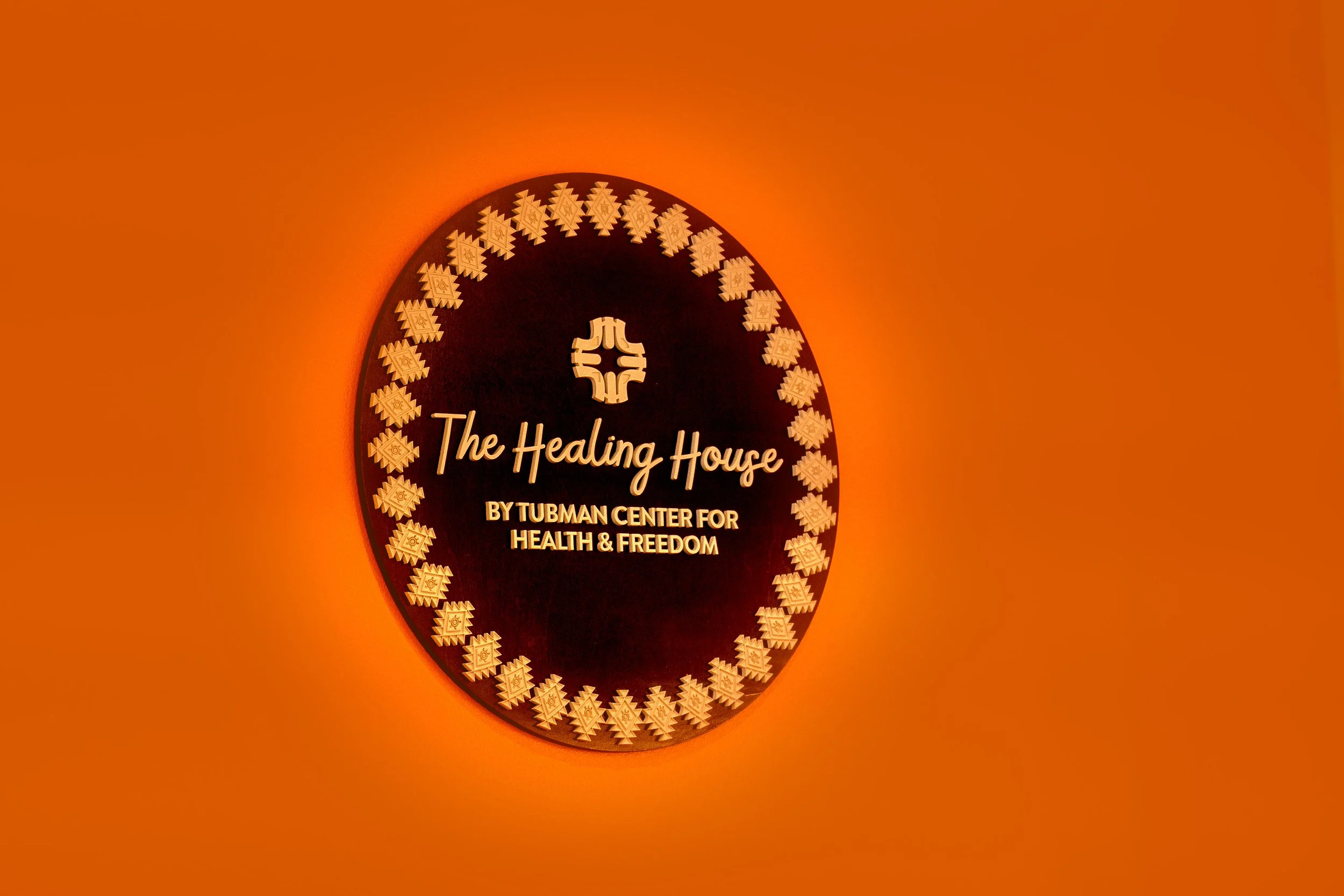Tubman Health's Relational Medicine Model: A New Dawn in Community-Designed Healthcare
SEATTLE, WA - In a healthcare landscape often criticized for its top-down approaches and systemic inequities, a groundbreaking new model is emerging from the heart of South Seattle. The Tubman Center for Health & Freedom has officially unveiled its Relational Medicine Model (RMM), a revolutionary healthcare system co-created over five years with Black, Brown, LGBTQIA+, and other marginalized communities. This initiative challenges the very foundation of conventional healthcare, offering a deeply human alternative to a system many feel is in crisis.
The RMM is not just a new set of policies; it's a values-driven model that prioritizes relationships, trust, and dignity as the cornerstones of healing. As Danisha Jefferson-Abye, Founder & Chief Operating Officer at Tubman Health, eloquently states, "We knew from the start that the answers weren’t going to come from the same broken institutions. They were going to come directly from community."
So, what does this community-designed model look like in action? The DREAM Study, a multi-year effort that led to the RMM, highlighted several key findings that set this model apart:
Trust as the Foundation: Healing truly begins with emotionally honest relationships. Patients want to feel seen, believed, and recognized as the experts of their own bodies.
Care for Caregivers: The well-being of healthcare providers is paramount. Adequate time, reasonable caseloads, and a sense of belonging in the workplace are crucial for providers to deliver high-quality, presence-based care.
Beyond "Non-Compliance": The concept of patient "non-compliance" is reframed. Missed appointments or dropped treatments are often symptoms of structural barriers in a patient's life, not a failure on their part. Effective care plans are therefore co-created to genuinely fit into real lives.
Valuing Time: Time spent with patients is sacred. This model advocates for structures that prioritize relationship-building, thorough follow-up, and shared decision-making, moving away from systems that reward volume and profit over people.
Earning Trust Through Action: Fragmented and transactional care has eroded trust. The RMM focuses on re-establishing core values and creating systems that truly support individuals rather than abandoning or penalizing them.
Tubman Health is already putting the RMM into practice across its clinic sites, including The Freedom Clinic at Rainier Valley Leadership Academy and The Healing House in South Seattle. Looking ahead, the Tubman Health Center, breaking ground in 2026, will scale this revolutionary model, serving as a demonstration site for community-led care.
As Amanda Knights-Shi, Director of Research & Evaluation and lead researcher, aptly summarizes, "Community has created a new medical model that responds to our collective needs. The Relational Medicine Model is delivering on that promise. This isn’t a question of proof. It’s a question of how we honor and implement the model that community has designed as an alternative to volume- and profit-driven medicine.”
The Tubman Center for Health & Freedom addresses health and wellness from both systemic and clinical perspectives, providing primary and preventative care, community resources, social services, political education, and advocacy. This new model represents a significant step towards health justice and collective liberation, shifting how healthcare is created and where its roots truly lie.
For more information and to read the full DREAM study report, visit www.tubmanhealth.org.


